
The third annual World Food Forum Startup Innovation Awards was a spectacular success!
The startup competition, a collaboration between Extreme Tech Challenge (XTC) and the Food and Agriculture Organization (FAO), featured eight dynamic startup finalists, each offering innovative solutions to a pressing global challenge: sustainable transformation of agrifood systems.
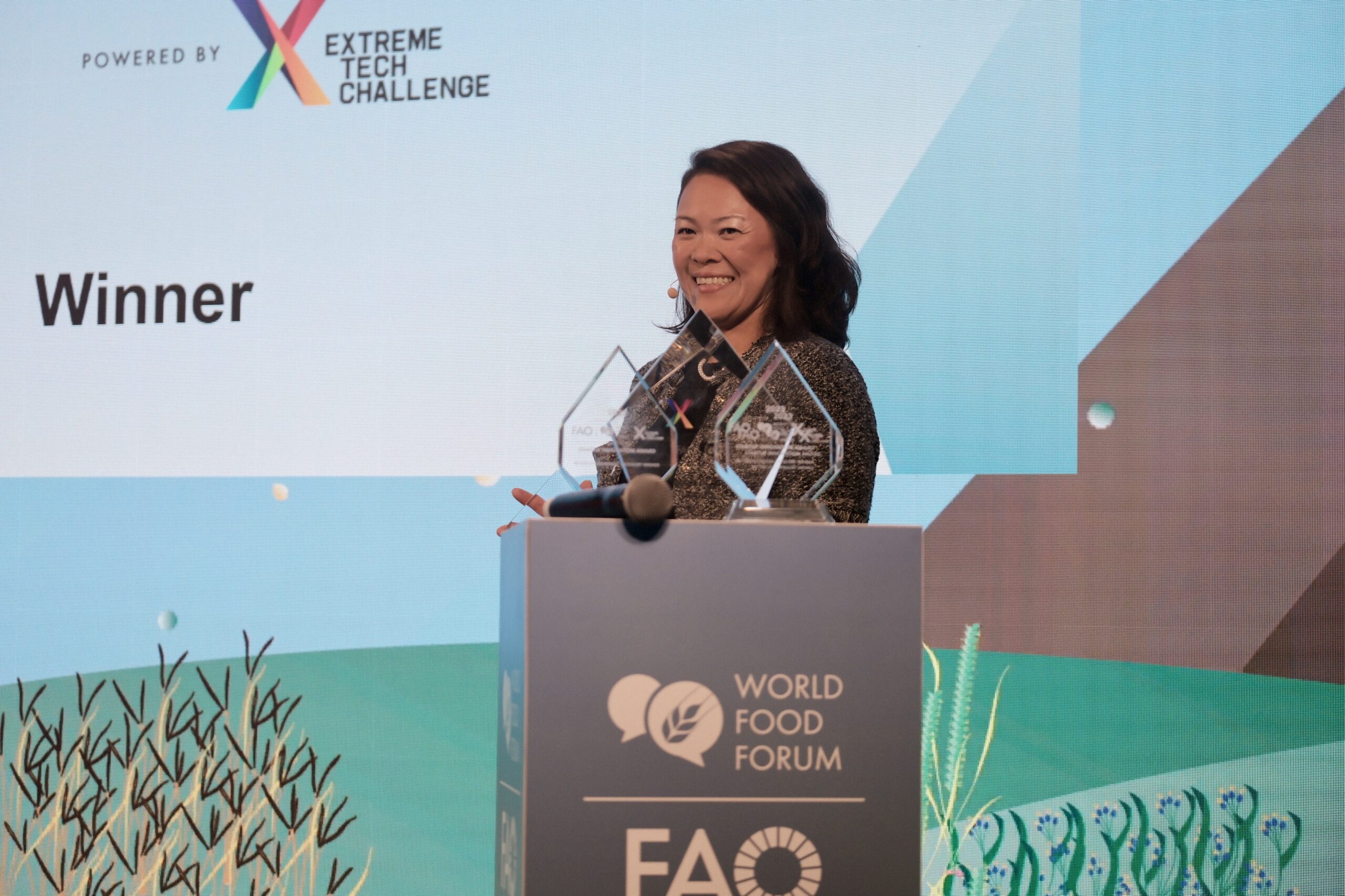
XTC Strategic Program Manager Nancy Yuan, who emceed the event, opened with some startling statistics.
“Today, there are 700 million people going hungry, and by 2050, the planet will have an additional 2 billion people. Climate change affects how and where we produce our food. It is one of the greatest challenges of our era, creating ever-increasing disparities in economic development and people’s well-being.”
The purpose of the competition was to give innovators and entrepreneurs a forum to pitch their commercially viable and scalable solutions and get them to market. The entire pitch session revolved around the most audacious ideas and their potential to reshape agrifood systems on a global scale.
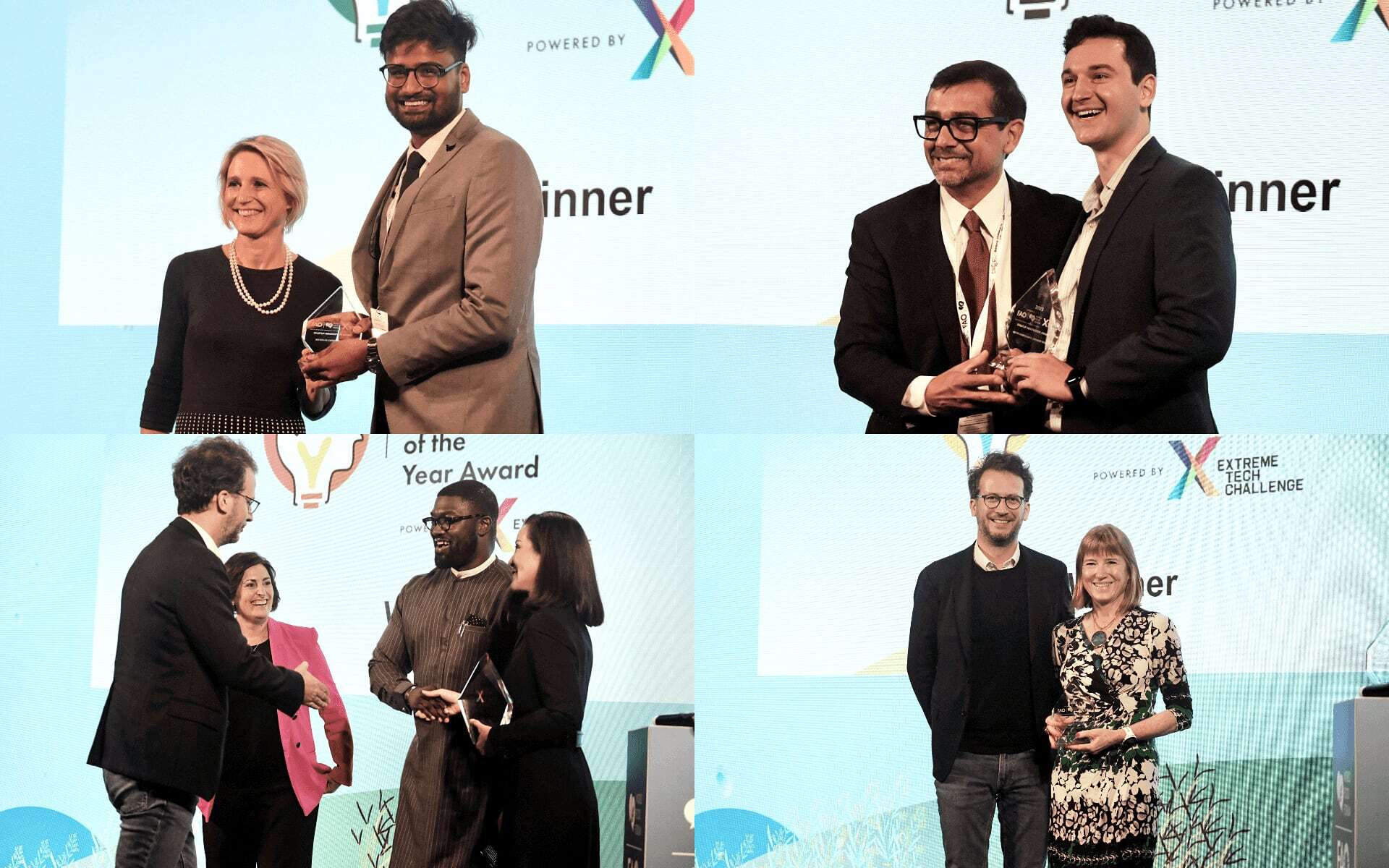
Congratulations to the Top 8 finalists and 2023 Startup Innovation Award winners!
🧺 Better Production:
Winner: Zebra CropBank (Nigeria), presented by CEO Buffy Okeke-Ojiudu.
Finalist: GK Aqua (Malaysia), presented by Giva Kuppusamy.
🥬 Better Nutrition:
Winner: Sustainable Planet (UK), presented by Chief Operating Officer Susan Payne.
Finalist: Koolboks (France), presented by Deborah Gael.
🌏 Better Environment:
Winner: Organicin Scientific (US), presented by Mathew Mitchell, Co-founder and CTO.
Finalist: Weavair (Canada), presented by Natalia Mykhaylova.
💚 Better Life:
Winner: Stellapps (India), presented by Umesh Prajapat, Business Head-Retail and Marketing.
Finalist: CropScan, presented by Jacob Maina
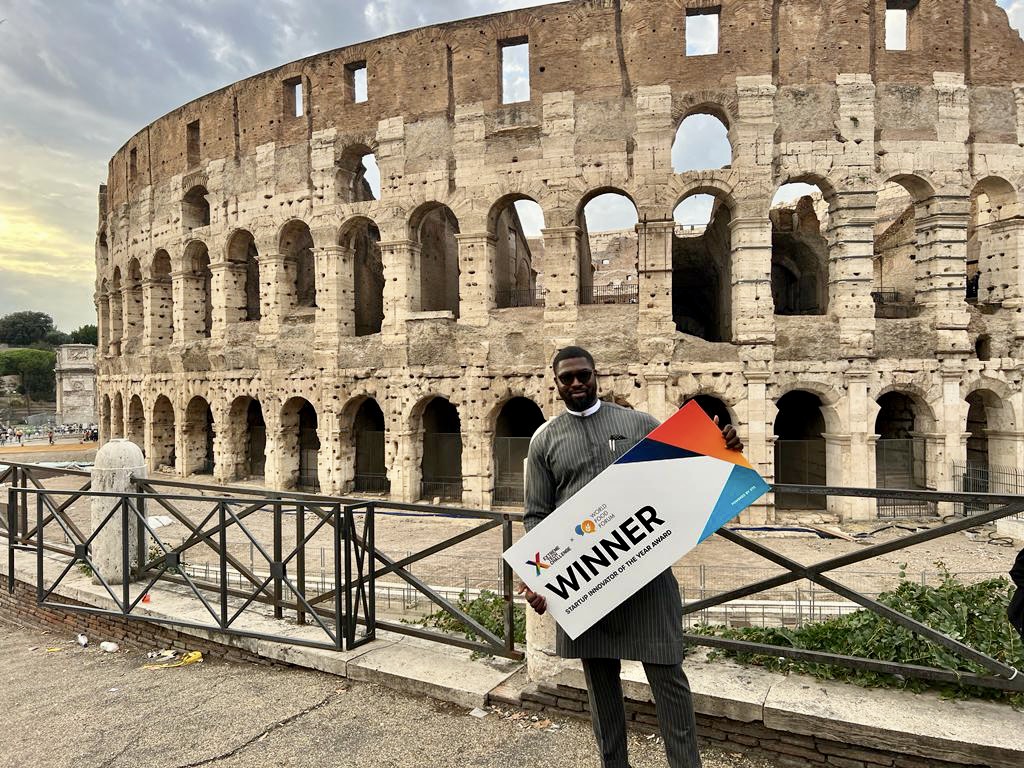
The Startup Innovation of the Year Award went to Zebra CropBank. On receiving the award, Buffy had only a few words. “Wow. Like wow,” said Buffy, “This is validation for a new idea.”
Judges’ remarks about the winners
As she presented Buffy Okeke-Ojiudu with his well-deserved award, Beth Bechdol said, “This was a close one for us. We really appreciated your focus on post-harvest losses. The focus on Africa, the blending of infrastructure with innovation, converting crops to cash … all of that was really outstanding.”
As he presented the Better Nutrition Award to Susan Payne of Sustainable Planet, Nicolas Autret said, “We had two great companies. It was a very tough call, a very close call. We had a bit of a debate, but we had to make a difficult choice.”
The presentations clearly showed the boundless passion these entrepreneurs pour into their startups, who are striving to make a significant impact, globally and locally. Their dedication was like a presence on stage as they were honored and understandably emotional while accepting their awards.
With the growing demand for a sustainable food value chain, interest in this startup competition surged this year. The call for applications yielded nearly 400 submissions from 69 countries, including many from the global south.

Beth Bechdol, Deputy Director General, FAO, explained the competition’s significance, emphasizing its role in fostering innovation and new business models in regions with the most pressing needs. “This [competition] is a critical development in encouraging innovation, creative, new ideas and new business models from the countries where the need is the greatest. These innovators and entrepreneurs are risk-takers. What they are doing – and I hope you realize this – takes courage, tenacity, grit and a lot of time and ingenuity.”
This encapsulated the core message of the program: How can we secure funding and operational support for innovative startups, particularly in the global south, to effectively tackle UN Sustainable Development Goal 2, Zero Hunger?
There were a lot of brilliant minds along all points of the food value chain there to weigh in and offer support to entrepreneurs as they edge ever closer to achieving this monumental goal.
Thanks to our sponsors and judges!
We extend our heartfelt gratitude to our sponsors for their invaluable support of this significant startup event:
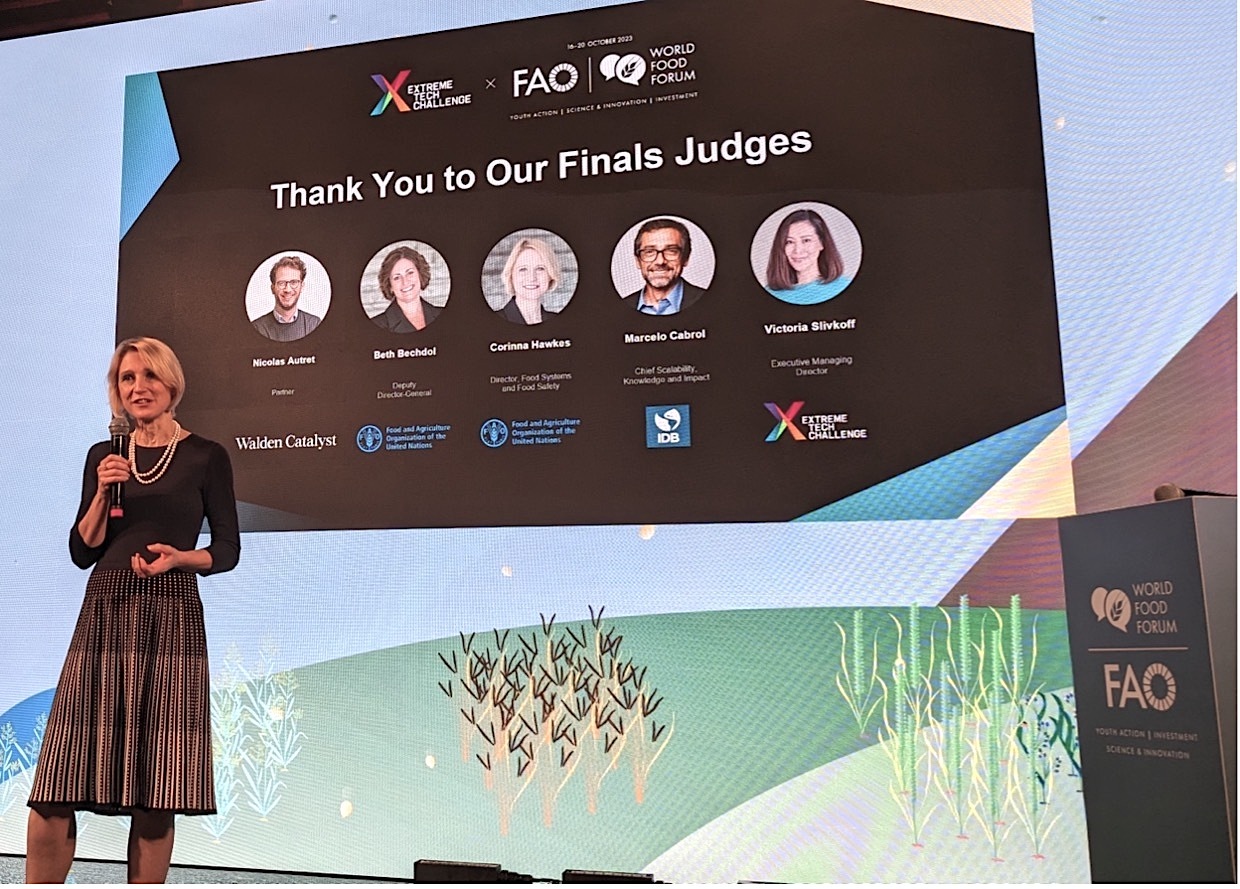
We appreciate our distinguished panel of judges for their commitment and effort in uplifting startups with the potential to drive positive change.
Nicolas Autret – Partner, Walden Catalyst Ventures
Beth Bechdol – Deputy Director General, FAO
Marcelo Cabrol – Chief Scalability, Knowledge & Impact, IDB Lab
Corinna Hawkes – Director, Division of Food Systems and Food Safety, FAO
Victoria Slivkoff – Executive Managing Director, Extreme Tech Challenge

As judges selected the winners, Simon Pampena, Australian Numeracy Ambassador, led an interesting discussion on stage: How deep tech is transforming the future of food and agriculture. Offering their perspectives were Rikin Gandhi, Digital Green; Snehal Verma, Nature Dots; and Saar Safra, Beewise.
At this event, we were all judges, all witness to those compelling pitches. Choosing just one was no enviable task. Yet, it was clear our most profound opportunity to drive change rests with these innovative startups.

“It’s personally rewarding to build a network and ecosystem of investors, domain experts and founders,” said Victoria. “So, no matter where you sit – Silicon Valley or the global south – you can tap into resources and support to take the innovations forward.”
As she said, all finalists are winners in their own right. And we’re all winners if they win.
But everyone knows these game-changing startups go nowhere if they can’t secure funding. To open the conversation and to better understand the investment landscape, XTC organized an investor round table the day following the finals pitch round.

Victoria moderated the discussion with Carlos Quintela, Managing Director, Climate, Environment and Natural Resources at Chemonics, and Edoardo Caovilla, General Partner at ENEA Capital.
The investors talked about what traction meant for them, how they quantify value, the impact potential of the business, in which stage of a startup’s development they typically invest and how, practically, can innovators reach investors like themselves.
Sustainable Planet’s Susan Payne asked direct questions: “When will you invest? How much traction does a team need before you back them?”
Carlos answered candidly, emphasizing the Land Innovation Fund at Chemonics is committed to nurturing early-stage startups. “We can take risks. We’re quite tolerant of early stage ideas. But we’re not just throwing our money out. Team and idea are crucial.”
Edoardo answered that ENEA has few fixed rules. The startup’s business proposition is pivotal, with the team being paramount. Edoardo said, “It’s better to have two co-founders than one,” and he emphasized the significance of impact. “Do something good for the world.”
Impact investing isn’t a passing trend. It involves investors taking greater risks for non-financial rewards, often requiring patience for smaller financial returns. Startups are willing to “do something good for the world,” and impact investors are in alignment with their commitments.
This is the essence of XTC, harnessing the power of technology to democratize opportunities and drive economic development worldwide, in pursuit of both human and planetary well-being.

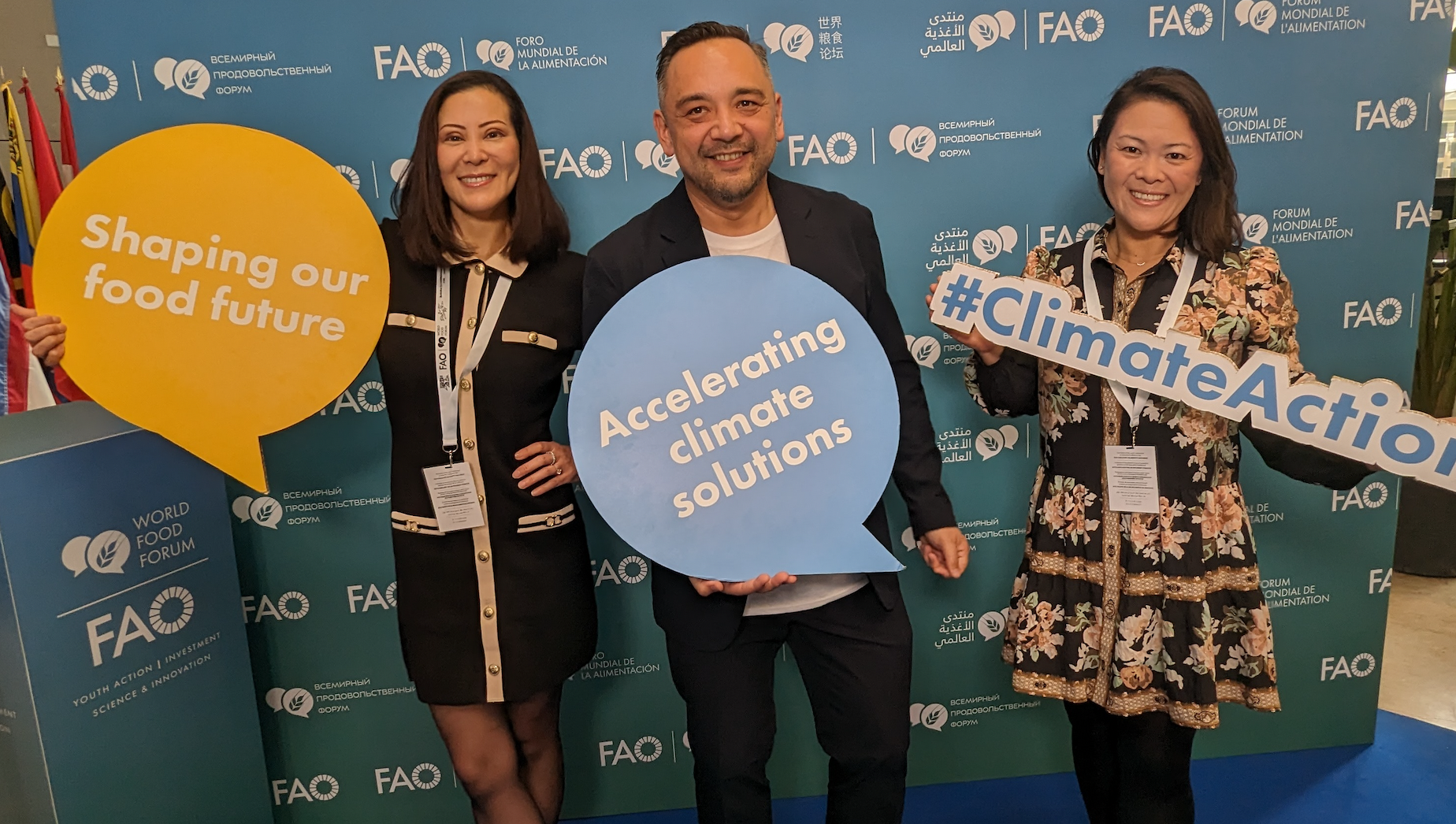
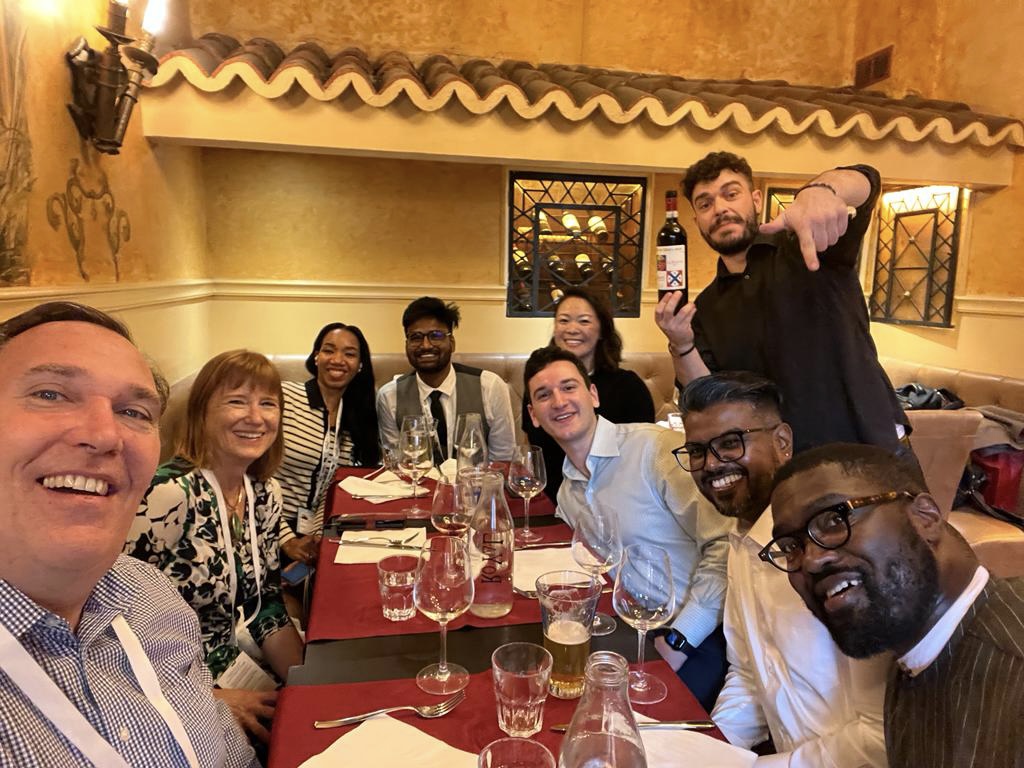
Innovation has no borders. Imagination has no limits. Fueled by this stalwart mindset – and bolstered by the support of the XTC ecosystem – the victors of the Startup Innovation Awards hold the power to change the world.
See the full pitch pitch session here.